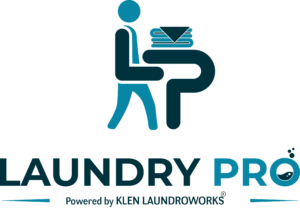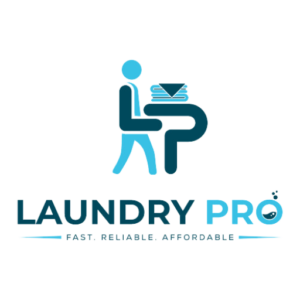The Environmental Impact of Laundry Franchises: How to Go Green
- Senthil Kumar
- 9845081032
- september 10, 2024
Table of content :
- The Environmental Impact of Laundry Franchises: How to Go Green.
- Environmental Challenges of Laundry Franchises.
- Sustainable Solutions for Laundry Franchises.
- Conclusion.
- Frequently Ased Questions on Laundry Business.
The Environmental Impact of Laundry Franchises: How to Go Green

People often ask why I chose the laundry industry to start my business. Many of them get surprised by my choice. For More,laundry franchise near me.
I quit my rewarding job and bid adieu to the telecommunication industry to start a dry clean and laundry service – Laundry Pro.
For Franchise Queries
The Environmental Impact of Laundry Franchises: How to Go Green
As awareness of environmental issues grows, many industries are under pressure to reduce their environmental footprint, and the laundry industry is no exception. Laundry franchises, which are often high-volume operations, can significantly impact the environment due to water usage, energy consumption, and chemical waste.
However, with the right strategies and technologies, laundry franchises can minimize their environmental impact while boosting their appeal to eco-conscious customers. In this blog, we will explore the environmental challenges laundry franchises face and provide eco-friendly solutions that can help these businesses “go green.”
Let us explore the latest technology trends that are revolutionizing the laundry franchise industry.
Environmental Challenges of Laundry Franchises
- Water Usage.
Laundry franchises use a vast amount of water daily. In fact, commercial washers can use up to 20-30 gallons of water per load, leading to significant water consumption. This is a critical concern in regions experiencing water shortages or droughts, as such high usage strains local water supplies.
- Energy Consumption.
Laundry machines require a considerable amount of energy to operate, especially for heating water and running dryers. This energy consumption leads to a high carbon footprint, particularly if the franchise relies on non-renewable energy sources. The constant use of electricity, combined with inefficient machines, contributes to greenhouse gas emissions.
- Chemical Pollution.
Many laundry detergents and cleaning agents contain harsh chemicals that are harmful to the environment. These chemicals often end up in waterways, leading to pollution and potential harm to aquatic life. Additionally, excessive use of these chemicals can degrade the quality of water and soil in the surrounding areas.
- Waste Generation.
Plastic waste from detergent bottles, single-use plastic packaging, and other cleaning supplies add to the environmental burden of laundry franchises. While packaging can be recycled, many of these materials end up in landfills, contributing to environmental pollution.
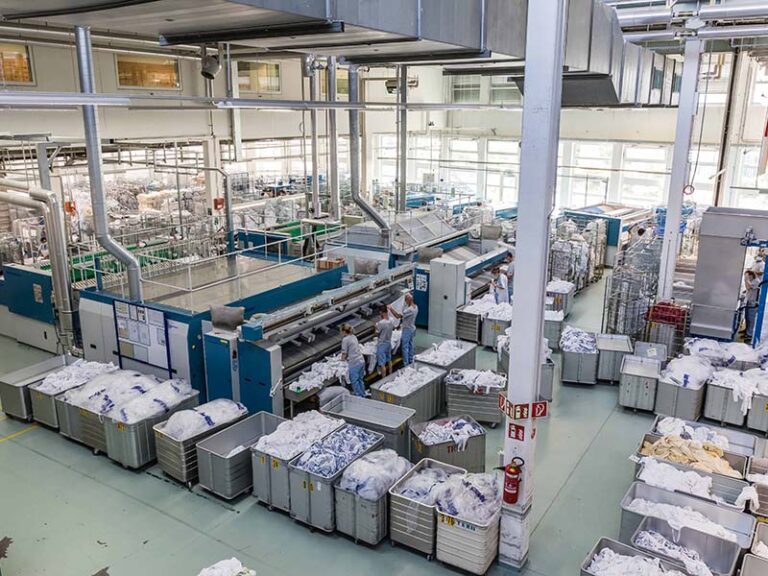
Sustainable Solutions for Laundry Franchises.
Adopting eco-friendly practices can help laundry franchises reduce their environmental impact, attract eco-conscious customers, and even save money in the long term. Below are several ways laundry businesses can go green:
- Water Conservation Techniques.
- High-Efficiency Washing Machines: One of the most effective ways to reduce water consumption is by investing in high-efficiency (HE) washing machines. These machines use up to 40% less water per load than traditional washers, significantly cutting down on overall water use.
- Recycling Water: Some advanced laundry systems recycle water used during the wash cycle, filtering and treating it so it can be reused for future loads. This technology is becoming increasingly common in large commercial operations.
- Water-Saving Detergents: Using detergents that require less water for rinsing or that are optimized for HE washers can further reduce water consumption.
- Energy Efficiency.
- Energy-Efficient Appliances: Investing in energy-efficient washers and dryers can significantly reduce electricity consumption. Look for appliances with ENERGY STAR certifications, which are designed to minimize energy usage.
- Solar Power Integration: Laundry franchises can install solar panels to generate renewable energy and reduce their reliance on fossil fuels. While the initial cost of solar panels can be high, they offer long-term savings on electricity bills and reduce carbon emissions.
- Heat Recovery Systems: These systems capture waste heat from washers and dryers and reuse it, reducing the amount of energy needed to heat water or air for drying.
- Eco-Friendly Detergents and Cleaning Agents.
- Biodegradable Detergents: Switching to biodegradable detergents and environmentally friendly cleaning agents is crucial for reducing chemical pollution. These products are made from natural ingredients that break down easily in the environment and do not harm aquatic life.
- Reduced Use of Chemicals: By using ozone laundry systems, franchises can reduce the need for hot water and detergents. Ozone technology disinfects and cleans clothes using ozone gas, which is safe for the environment and reduces chemical waste.(Read: How a laundry franchise grew from zero to 150 stores during a pandemic).
- Sustainable Packaging and Waste Reduction.
- Refillable Detergent Stations: Offering customers refillable detergent stations encourages them to reuse containers, reducing plastic waste. This not only minimizes packaging waste but also allows franchises to promote sustainability.
- Recycling Programs: Setting up recycling bins for detergent bottles, softener containers, and other waste generated by laundry services can help reduce the amount of waste sent to landfills. Educating customers on the importance of recycling also fosters eco-conscious behaviour.
- Eco-Friendly Materials: Switch to sustainable alternatives for packaging, such as biodegradable or recyclable materials. Also, consider offering reusable laundry bags or containers for customers to reduce single-use plastics.
Join India’s Most Profitable Franchise!
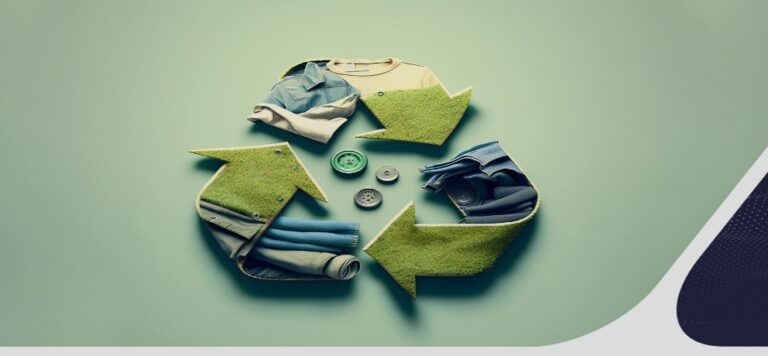
- Eco-Conscious Customer Practices.
Encouraging customers to adopt eco-friendly laundry habits can further enhance the sustainability efforts of a franchise. Some ideas include:
- Cold Water Washes: Promote the use of cold water for washing clothes, which can save energy and reduce the carbon footprint.
- Full Loads Only: Educating customers to only wash full loads will help conserve water and energy.
- Eco-Friendly Laundromats: Offer information on the benefits of using your green laundry franchise as part of a broader effort to help customers make sustainable choices.
The Benefits of Going Green for Laundry Franchises.
Going green offers numerous advantages for laundry franchise owners beyond helping the environment:
- Cost Savings: Energy-efficient machines, water-saving systems, and reduced chemical usage can lead to lower utility bills and operational costs over time.
- Attracting Eco-Conscious Customers: As more consumers prioritize sustainability, eco-friendly practices can differentiate a franchise from competitors and attract customers who care about reducing their environmental footprint.
- Enhanced Brand Reputation: Adopting sustainable practices enhances the reputation of the laundry franchise, leading to positive word-of-mouth referrals and potentially higher customer loyalty.
- Compliance with Regulations: Environmental regulations are becoming stricter, and franchises that adopt green practices early will be better positioned to comply with future laws.
- Eco-Friendly Drying Solutions.
- Air Drying or Line Drying: Where space allows, promoting the use of air-drying methods can reduce the energy consumption typically associated with dryers. Even in commercial settings, offering customers an option to air dries their clothes (weather permitting) can save energy.
- High-Efficiency Dryers: For drying, using high-efficiency or heat-pump dryers can cut energy consumption by as much as 50% compared to conventional models. These dryers are designed to use lower temperatures and shorter drying times, reducing overall energy usage.
- Dryer Balls: Recommending the use of dryer balls can help reduce drying time by improving air circulation, thereby lowering energy usage, and minimizing the wear and tear on clothes.
- Wastewater Treatment Systems.
- On-Site Water Treatment: Installing an on-site wastewater treatment system can help remove harmful chemicals and pollutants before water is discharged back into the environment. This ensures that any wastewater from laundry operations meets environmental standards and reduces the risk of water pollution.
- Greywater Reuse: Implementing greywater reuse systems allows laundry franchises to capture and reuse lightly used water for non-potable purposes, such as landscaping or toilet flushing, further reducing overall water consumption.
- Green Certifications and Eco-Labels.
- Pursuing Certifications: Laundry franchises can work toward earning green certifications, such as LEED (Leadership in Energy and Environmental Design), Green Business Bureau certifications, or EPA’s ENERGY STAR ratings. These certifications provide a way to showcase the franchise’s commitment to sustainability.
- Eco-Labelling: Using eco-friendly labels and signs throughout the franchise space can inform and encourage customers to make sustainable choices. These can be placed on washing machines, detergent dispensers, and around the store, creating awareness and reinforcing the brand’s green identity.
- Engaging with Suppliers for Sustainability.
- Sustainable Sourcing: Building relationships with suppliers who prioritize sustainability is another way to reduce environmental impact. Franchises can partner with suppliers who provide eco-friendly detergents, biodegradable packaging, and energy-efficient equipment, ensuring that sustainability is incorporated throughout the entire supply chain.
- Bulk Buying and Refilling Programs: Buying cleaning supplies and detergents in bulk reduces packaging waste, and refill programs can further minimize the environmental impact. Additionally, purchasing in bulk often leads to cost savings.
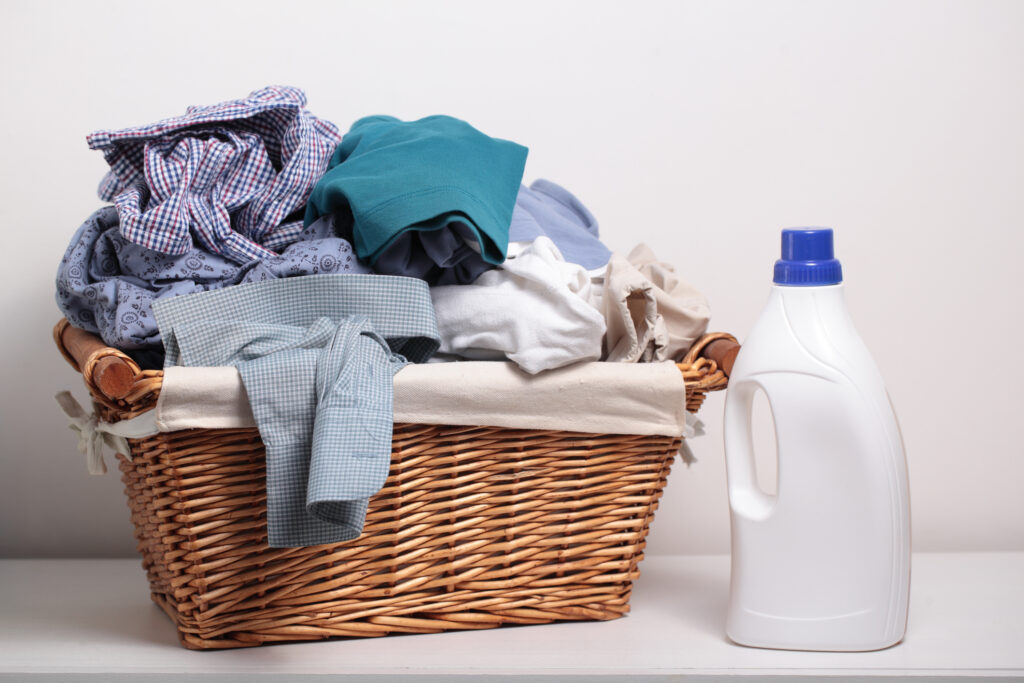
- Green Building Design.
- Energy-Efficient Lighting: Upgrading to LED lighting and using motion sensors can cut down electricity use, reducing overall energy consumption for the franchise.
- Insulation and HVAC Efficiency: Ensuring the franchise building is properly insulated and equipped with energy-efficient HVAC systems will further reduce energy costs and help maintain an eco-friendly environment. Using smart thermostats to control heating and cooling based on demand can also contribute to energy savings.
- Employee Training on Sustainability.
- Eco-Aware Workforce: Training employees to follow eco-friendly procedures can enhance the green efforts of the laundry franchise. Staff can be trained to use machines efficiently, manage water and detergent usage, and properly dispose of chemical waste, contributing to a comprehensive approach to sustainability.
- Promoting Sustainability to Customers: Employees can also serve as ambassadors for sustainability by educating customers on eco-friendly laundry practices, such as using cold water, bringing reusable laundry bags, or opting for biodegradable detergents.
- Customer Incentives for Green Practices.
- Loyalty Programs for Green Choices: Create loyalty programs that reward customers for making eco-friendly decisions, such as bringing in their own containers for detergent refills or opting for energy-saving wash cycles. Incentives like discounts or loyalty points can encourage customers to adopt greener habits.
- Promoting Green Initiatives: Regularly communicate with customers about the franchise’s green initiatives, whether through in-store posters, social media campaigns, or newsletters. This not only educates customers but also enhances the brand’s eco-friendly image.
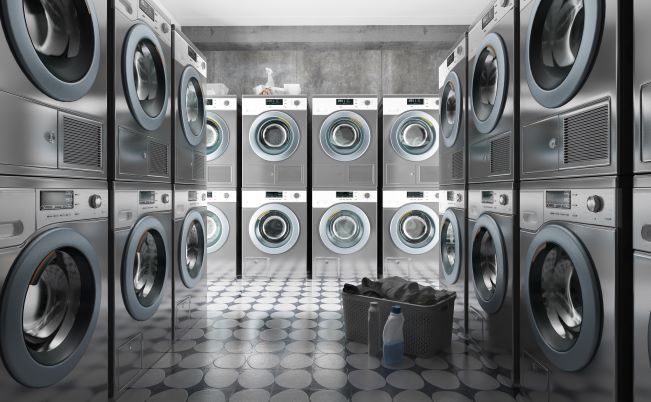
Conclusion.
The laundry franchise industry is uniquely positioned to make a positive impact on the environment by embracing sustainable practices. From reducing water usage to switching to eco-friendly detergents and energy-efficient machines, the steps toward going green can make a significant difference.
Not only will these practices help the environment, but they will also provide long-term financial benefits and appeal to the growing market of environmentally conscious customers. By taking action now, laundry franchises can lead the way in creating a more sustainable future for the industry.
Laundry can definitely give you profitable business in 6 months.
Frequently Ased Questions on Laundry Business.
Startup costs for a laundry franchise can vary widely depending on the brand, location, and size of the operation. Costs generally include the franchise fee, equipment, leasehold improvements, and initial inventory. It’s essential to factor in ongoing fees such as royalties and marketing contributions.
To gauge the profitability of a laundry franchise, review key performance metrics like Average Revenue Per Unit (ARPU), profit margins, and the franchisee turnover rate. Additionally, speak with current franchisees to learn about their experiences with profitability and financial stability.
A franchise agreement outlines the rights and obligations of both the franchisor and franchisee. Key elements to review include territorial rights, contract length and renewal terms, exit strategy, and any restrictions on how you operate the business. It is advisable to have a lawyer review the agreement before signing.
Location is a critical factor in the success of a laundry franchise. An ideal location should have a high population density, easy accessibility, and low competition. The demographics of the area, such as the concentration of renters or college students, can also play a significant role in attracting customers.
The level of support provided by the franchisor varies, but it typically includes initial training, ongoing operational support, marketing assistance, and technology integration. Look for a franchisor that offers comprehensive support to help you manage and grow your business.
- The Environmental Impact of Laundry Franchises: How to Go Green
- The Environmental Impact of Laundry Franchises: How to Go Green
- The Environmental Impact of Laundry Franchises: How to Go Green
- The Environmental Impact of Laundry Franchises: How to Go Green
- The Environmental Impact of Laundry Franchises: How to Go Green
- The Environmental Impact of Laundry Franchises: How to Go Green
- The Environmental Impact of Laundry Franchises: How to Go Green
- The Environmental Impact of Laundry Franchises: How to Go Green
- The Environmental Impact of Laundry Franchises: How to Go Green
- The Environmental Impact of Laundry Franchises: How to Go Green
- The Environmental Impact of Laundry Franchises: How to Go Green
- The Environmental Impact of Laundry Franchises: How to Go Green
- The Environmental Impact of Laundry Franchises: How to Go Green
- The Environmental Impact of Laundry Franchises: How to Go Green
- The Environmental Impact of Laundry Franchises: How to Go Green
- The Environmental Impact of Laundry Franchises: How to Go Green
- The Environmental Impact of Laundry Franchises: How to Go Green
- The Environmental Impact of Laundry Franchises: How to Go Green
- The Environmental Impact of Laundry Franchises: How to Go Green
- The Environmental Impact of Laundry Franchises: How to Go Green
